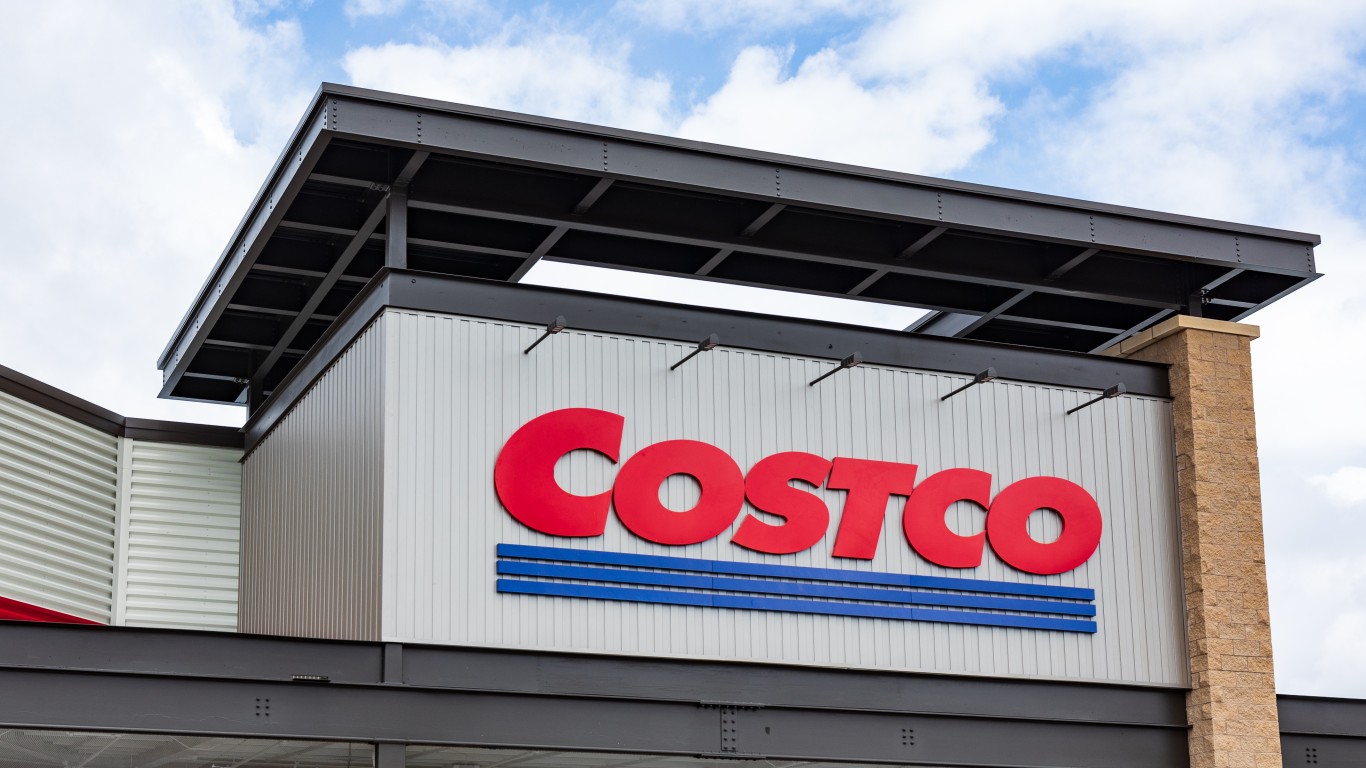On Wednesday, the National Retail Federation (NRF) revised its retail sales growth forecast for 2015 down slightly from 4.1% to 3.5%. The NRF expects sales will expand 3.7% over the next five months alone. NRF’s chief executive cited a difficult regulatory environment coming out of Washington as having a negative impact on consumers and businesses. Here is what this may mean for struggling retailers, such as Sears Holdings Corp. (NASDAQ: SHLD) and J.C. Penney Co. Inc. (NYSE: JCP), as well as global retailer Wal-Mart Stores Inc. (NYSE: WMT).
Sears and its shareholders may feel the most impact from lower consumer spending. This company has the least margin of error as it already struggles with getting consumers through the door. Department stores increasingly symbolize an outmoded way of shopping as more people shop online. K-Mart and Sears, the company’s two main subsidiaries, saw their domestic same-store sales decline 7% and 14.5%, respectively, in the most recent quarter.
J.C. Penney may also stand on thin ice. In its most recent quarter, the company saw same-store sales increase 3.4%. However, J.C. Penney possesses a competitive advantage in the form of private brands, providing a higher margin that may help it get through any retailing slump.
Wal-Mart represents the largest retailer in the world. Wal-Mart expanded its same-store sales by a mere 1.1% in its most recent quarter, meaning that its margin for error remains low against any retail spending slowdown. However, the company possesses a surprisingly healthy e-commerce business, which expanded 17% in the most recent quarter.
Overall, the lower forecast by the NRF is really too small to worry about to any degree over the long term. However, investors in retailers that are already struggling may want to exercise greater caution.
Wall Street harbors a sour attitude towards Sears and J.C. Penney. Thomson/First Call has the analysts’ mean target price for the former pegged at $16 per share, representing roughly 28% in potential decline from its current stock price of $21.99. For the latter, the mean target price is $8.64, or a possible 3% or so decline from its current stock price of $8.79.
Wall Street is more upbeat about Wal-Mart. The analyst’s mean target price is pegged at $80.24 per share, representing a potential increase of roughly 9%.
Note: William Bias owns a share in Wal-Mart.
Take Charge of Your Retirement In Just A Few Minutes (Sponsor)
Retirement planning doesn’t have to feel overwhelming. The key is finding expert guidance—and SmartAsset’s simple quiz makes it easier than ever for you to connect with a vetted financial advisor.
Here’s how it works:
- Answer a Few Simple Questions. Tell us a bit about your goals and preferences—it only takes a few minutes!
- Get Matched with Vetted Advisors Our smart tool matches you with up to three pre-screened, vetted advisors who serve your area and are held to a fiduciary standard to act in your best interests. Click here to begin
- Choose Your Fit Review their profiles, schedule an introductory call (or meet in person), and select the advisor who feel is right for you.
Why wait? Start building the retirement you’ve always dreamed of. Click here to get started today!
Thank you for reading! Have some feedback for us?
Contact the 24/7 Wall St. editorial team.



